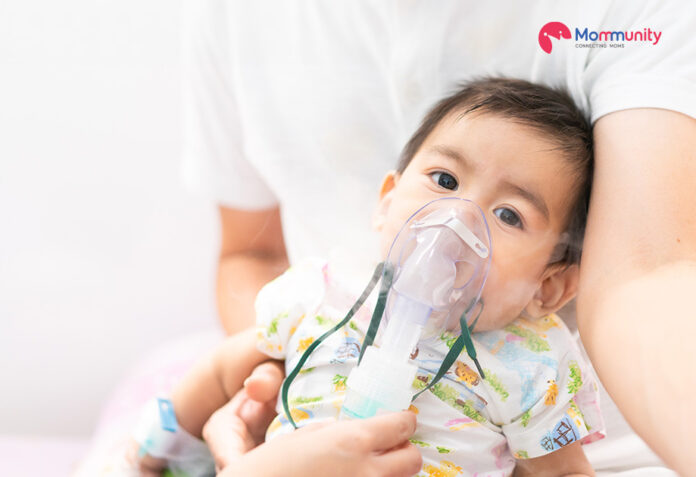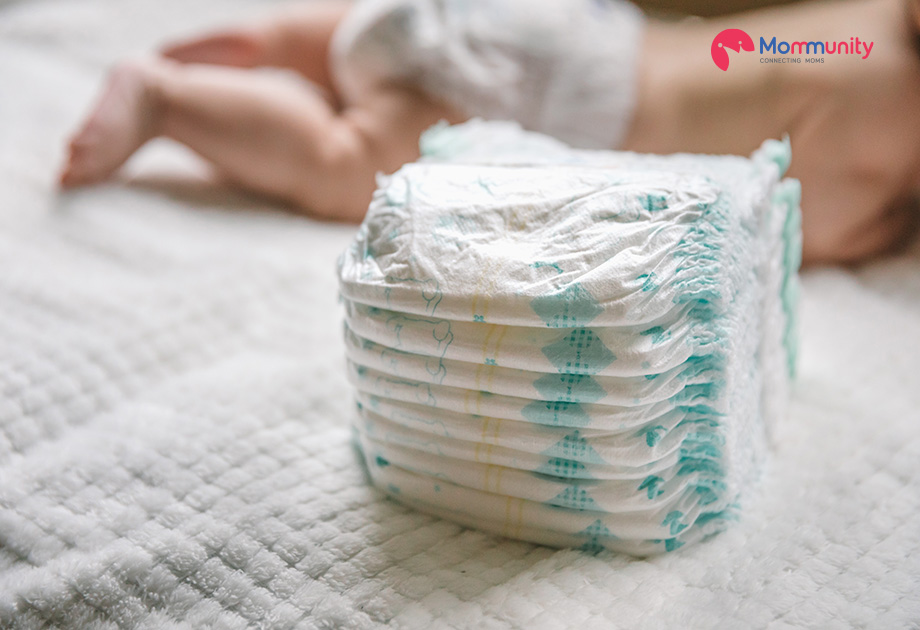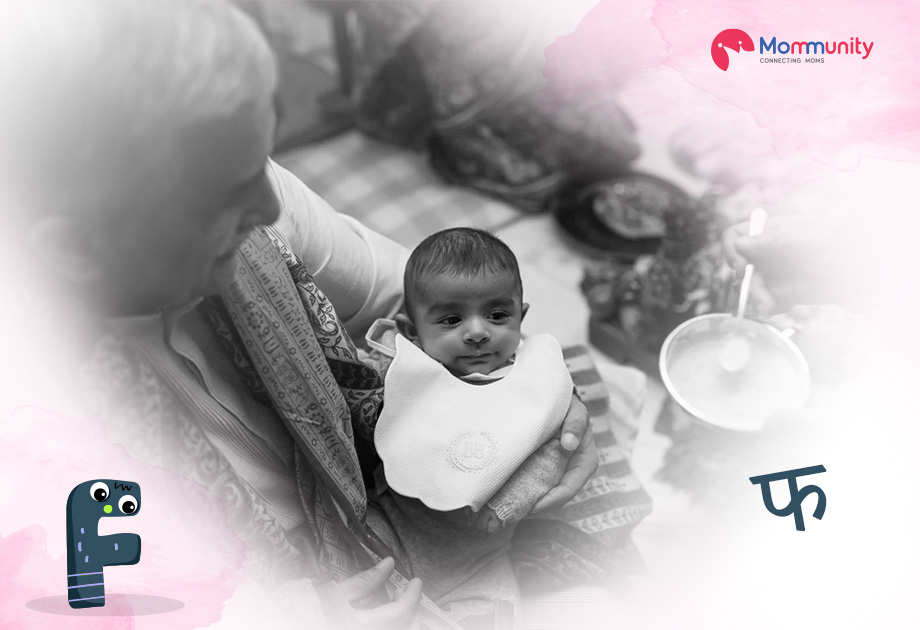|
Getting your Trinity Audio player ready...
|
Are you a new parent or caregiver, excitedly looking forward to your little one’s milestones? As you gear up for this exciting journey, have you heard about the Respiratory Syncytial Virus (RSV) and the potential harm it can cause to your infant? Do you know what RSV is, the signs and symptoms to watch out for, and most importantly, effective strategies to prevent RSVs in babies? If you are not sure, don’t worry! This article is here to empower you with knowledge on preventing RSV in your baby. Let’s dive in and explore together.
Understanding RSV (Respiratory Syncytial Virus)
RSV or Respiratory Syncytial Virus is a highly contagious virus that spreads through respiratory droplets produced when an infected person coughs or sneezes. It can also live on surfaces for hours, so indirect contact through contaminated objects is another way the virus can spread. RSV season typically peaks in the fall and winter months in temperate climates.
Signs and Symptoms of RSV in Babies
While some babies may not show any symptoms, here are some common signs of RSV infection to be aware of:
- Runny or stuffy nose
- Coughing (may be wheezing)
- Fever (low-grade or high)
- Decreased appetite
- Fussiness or irritability
- Difficulty breathing (rapid, shallow breaths, or flaring nostrils)
- Wheezing (a whistling sound during breathing)
- Lethargy or lack of energy
If your baby exhibits any of these symptoms, especially difficulty breathing, it’s crucial to seek immediate medical attention.
Preventing RSV Infection: Protecting Your Little One
There is no vaccine currently available for RSV. However, several preventive measures can significantly reduce your baby’s risk of contracting the virus:
-
Frequent Handwashing
One of the most effective ways to prevent the spread of RSV and other germs is to maintain proper hand hygiene. Washing your hands thoroughly with soap and water for at least 20 seconds before and after holding your baby, changing diapers, coughing or sneezing, and after blowing your nose can significantly reduce the risk of infections.
It’s also advisable to encourage anyone who will be in contact with your baby to follow the same handwashing routine to ensure their safety and well-being.
-
Respiratory Hygiene
It’s important to educate older siblings about the correct way to cough and sneeze. Encourage them to use a tissue or their elbow to cover their mouth and nose when they cough or sneeze. Emphasize the importance of washing their hands afterward to avoid spreading germs.
By following these simple steps, we can help prevent the spread of illnesses and keep ourselves and those around us healthy.
-
Minimize Close Contact with Sick People
To ensure your safety and that of others, it is recommended to avoid crowded places and minimize close contact with people who appear to have symptoms of cold or flu. If there is someone in your household who is sick, it is advisable to encourage them to wear a mask and maintain distance from the baby to reduce the risk of transmission.
These measures can help keep you and your loved ones healthy and prevent the spread of contagious diseases.
-
Clean and Disinfect Surfaces
To ensure a safe and hygienic environment for your baby, it is advisable to clean and disinfect the surfaces that your little one frequently comes in contact with. This includes toys, doorknobs, countertops, and diaper-changing stations.
By regularly cleaning and disinfecting these surfaces, you can help prevent the spread of germs and keep your baby healthy.
-
Keep Your Baby’s Surroundings Smoke-Free
It is essential to note that exposure to secondhand smoke can have a detrimental impact on respiratory syncytial virus (RSV) symptoms by making them worse. Therefore, it is highly recommended to avoid exposure to secondhand smoke, especially for young children, who are more vulnerable to RSV infections.
-
Breastfeeding
Did you know that breast milk contains vital antibodies that can help strengthen your baby’s immune system and protect them against numerous infections, including RSV? Breast milk is a natural source of immunoglobulins that can help your baby fight off harmful pathogens and viruses, providing them with essential nutrients that are crucial for their growth and development.
So, breastfeeding your baby can be an excellent way to ensure that they receive the necessary protection against infections and illnesses.
-
RSV Immunoprophylaxis
In certain situations, pediatricians may suggest RSV immunoprophylaxis for infants at high risk. This treatment involves the monthly administration of a medication known as Synagis during the RSV season.
When to Call the Doctor
If your baby experiences any of the following symptoms, call your pediatrician immediately:
- Difficulty breathing (rapid, shallow breaths, or flaring nostrils)
- Wheezing (a whistling sound during breathing)
- Lethargy or lack of energy
- Inability to eat or drink fluids
- Fever (especially in newborns)
Building a Support System
Don’t hesitate to reach out to your pediatrician or local healthcare providers for guidance on preventing RSV and managing your baby’s health. Joining online communities or support groups for parents of young babies can also be a valuable source of information and encouragement.
Remember, you are not alone in protecting your precious one. By following these preventive measures and staying informed, you can significantly reduce your baby’s risk of RSV and ensure a healthy start to their life.
Do you have any questions or tips on preventing RSV in babies? Share your experiences and advice in the comments section below! Let’s build a supportive community for moms and caregivers.
FAQs
Q: How long is a baby contagious with RSV?
A: Babies with RSV can be contagious for up to three weeks, even after symptoms subside.
Q: Can I take my baby outside if they have RSV?
A: Consult your pediatrician. Generally, fresh air is okay as long as your baby is comfortable and the weather permits. However, avoid crowded places and close contact with others.
Q: What medications can help treat RSV?
A: There is no specific medication for RSV. Treatment typically focuses on managing symptoms, such as using a cool-mist humidifier to ease congestion or fever-reducing medication for discomfort.
Protecting your baby from RSV empowers them to breathe easier and thrive. By implementing these preventive measures, staying informed, and seeking guidance from healthcare professionals, you can create a safe and healthy environment for your little one to blossom.
Building a village of support is critical. Share this article with fellow parents and caregivers to spread awareness about RSV prevention. Together, we can create a healthier future for all our babies.




